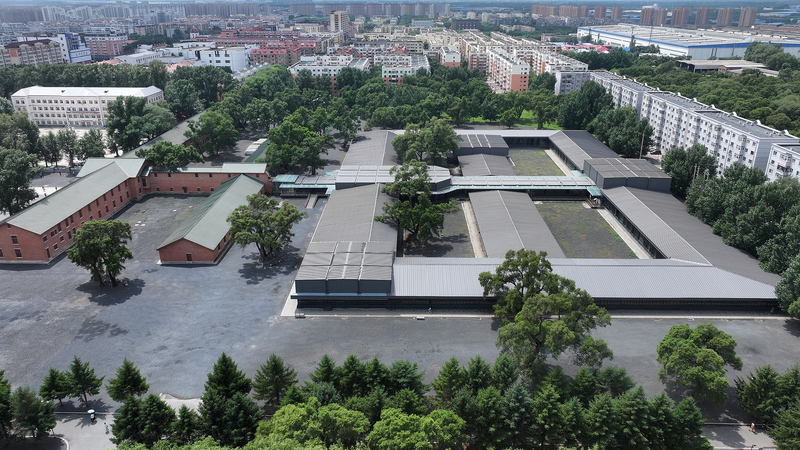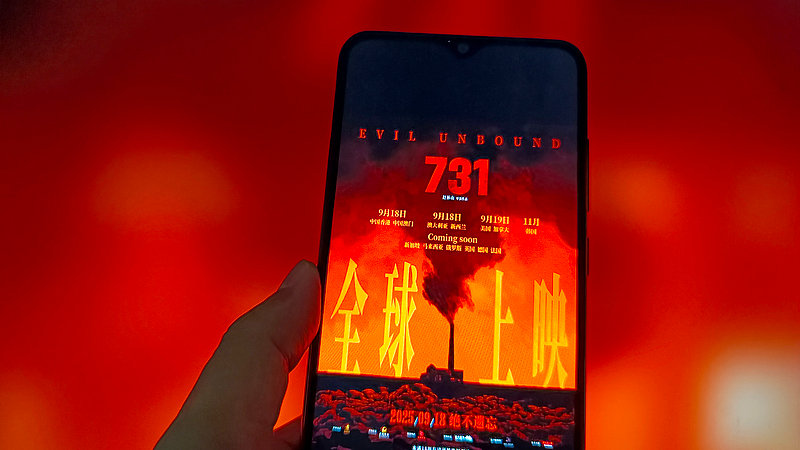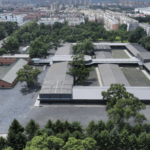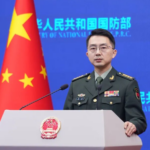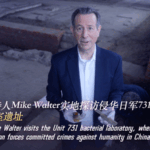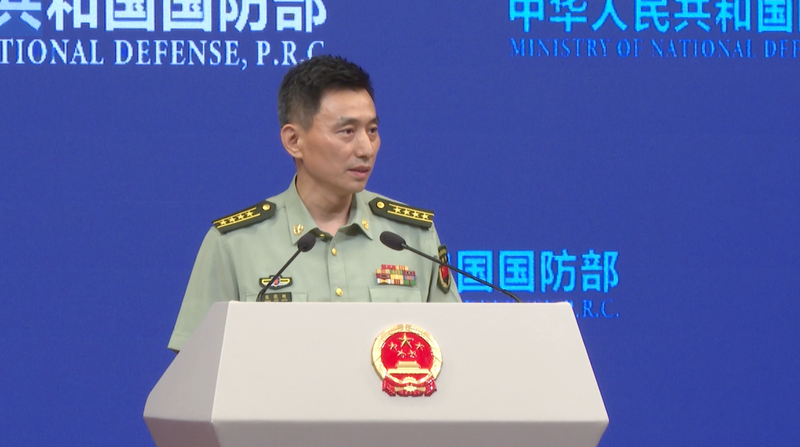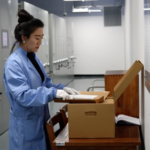China has called on Japan to accelerate the cleanup of abandoned chemical weapons (ACWs) left on Chinese soil during World War II, emphasizing the urgent need to restore safe, uncontaminated land for communities. The demand comes as newly uncovered historical documents shed light on Japan’s wartime atrocities, including evidence from the infamous Unit 731, a germ-warfare unit responsible for horrific experiments on civilians.
🔍 Key Findings:
- Thousands of pages of archives and photos detailing Japan’s invasion of Guangdong Province and Hebei Province.
- Diaries and photo albums from Japanese soldiers revealing the scale of wartime crimes.
- Unit 731’s biological warfare tactics, which violated international law and caused untold suffering.
Zhang Xiaogang, a spokesperson for China’s Ministry of National Defense, stressed that Japan’s militarist past brought 'horrific disasters' to China and other Asian nations. 'History is irrefutable,' he said, urging Japan to reflect on its actions during the 80th anniversary of the World Anti-Fascist War victory.
🌏 Why It Matters: Over 300,000 ACWs remain buried in China, posing health and environmental risks. Japan has disposed of less than 1% of these weapons since 2000, according to Chinese state data. The slow progress has fueled calls for accountability and justice.
📜 'The crimes of aggression will never be erased,' Zhang added, linking historical reckoning to modern-day environmental safety. As tensions linger, the issue remains a sensitive chapter in Asia’s shared history.
Reference(s):
China urges Japan to speed up disposal of abandoned chemical weapons
cgtn.com
